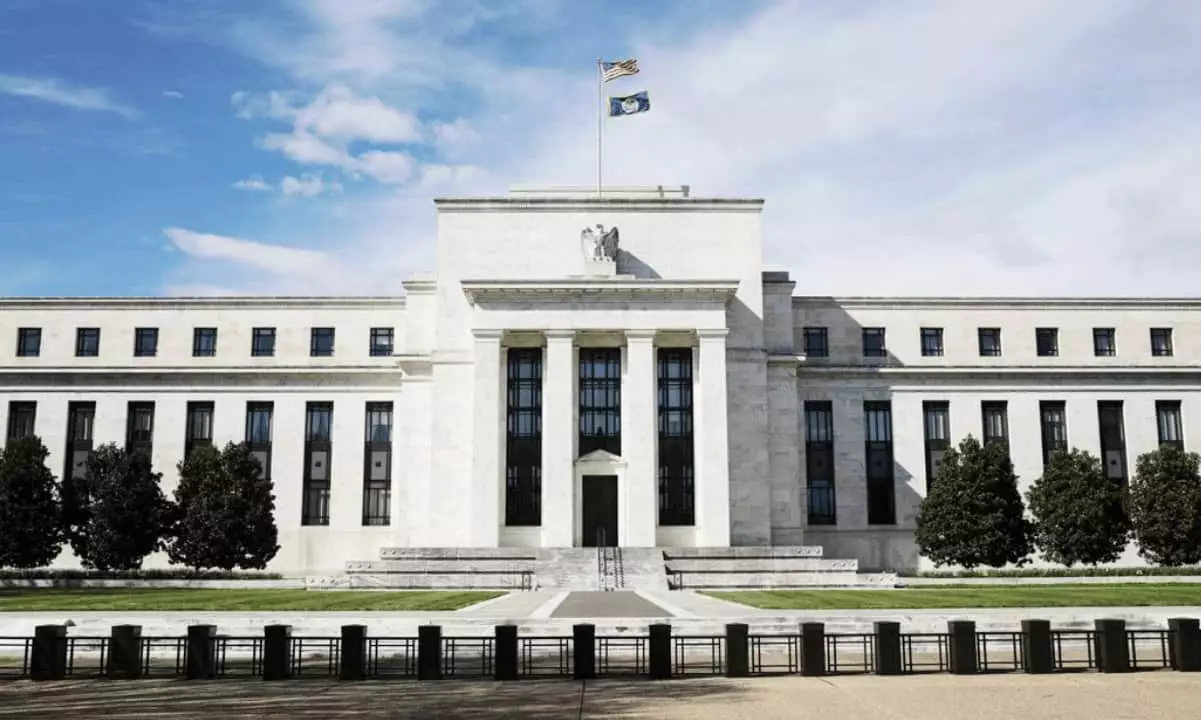Michael Barr’s announcement to resign from his post as Vice-Chair for Supervision at the U.S. Federal Reserve marks a significant shift in the regulatory landscape of digital assets. Serving in this capacity since July 2022, Barr’s tenure has not been without controversy, particularly regarding his approach to cryptocurrency regulation. His decision to step down ahead of President-elect Donald Trump’s return to the White House is indicative of the greater political and regulatory shifts that are expected to take place under a new administration.
Barr’s arrival at the Federal Reserve was rooted in the institution’s response to the 2008 Global Financial Crisis, aiming to bolster transparency and accountability within the financial system. However, as the crypto sector has rapidly evolved, so too has the need for regulatory adaptability. The lingering question now is how his resignation will affect regulatory policies surrounding digital assets, which have drastically divided lawmakers and industry leaders alike.
Throughout his tenure, Barr adopted a cautious approach towards cryptocurrencies. His assertions that banks should avoid holding crypto-assets directly have drawn sharp criticism from proponents of the industry. The sentiment echoed across the crypto landscape suggests that such regulatory skepticism has stifled innovation and hindered the evolution of U.S. financial institutions engaging with the blockchain economy.
A striking revelation involving communication within the Federal Deposit Insurance Corporation (FDIC) has added fuel to the fire. Legal documents obtained by Coinbase suggest that there was a concerted effort to suppress banks’ involvement in crypto-related activities. These insights challenge the narrative of a neutral regulatory environment, painting a portrait of systemic resistance to cryptocurrency integration. This has left many in the industry feeling marginalized and stymied, advocating for a more open and conducive regulatory framework.
The political ramifications of Barr’s resignation cannot be understated. Lawmakers have voiced their opinions on what they view as a dereliction of duty on Barr’s part regarding the burgeoning cryptocurrency market. Iowa Congressman Zach Nunn summed up these sentiments during a parliamentary inquiry, accusing Barr and his colleagues of engaging in an “anti-crypto crusade” that has relegated the United States to a second-tier status in the global digital asset landscape.
Similarly, Senator Cynthia Lummis, a staunch crypto advocate from Wyoming, asserted that Barr’s actions amounted to an illegal consolidation of power at the detriment of their local crypto industry. Such passionate outcries from prominent legislators signal a growing tension between regulatory bodies and innovative sectors that demand progressive frameworks aligned with technological advancements.
As discussions around Barr’s departure intensify, the focus shifts to his succession and the future of regulatory policy. The Federal Reserve plays a crucial role in shaping the financial protocols governing cryptocurrencies, and the next appointee could either exacerbate existing tensions or herald a new era of reconciliation between regulators and the crypto industry.
With Trump’s administration poised to revisit policies around digital assets, there exists an opportunity for a regulatory reset. If the incoming administration opts for a more lenient approach to cryptocurrency regulation, it could pave the way for significant investment flows into the sector and embolden U.S. financial institutions to embrace crypto-related operations.
However, the potential for a shift in regulatory philosophy also carries risks. The delicate balance of investor protection and innovation will remain a crucial issue as the new appointee navigates the complexities of an evolving financial landscape. As the market yearns for clarity and the opportunity to thrive, the actions and decisions of the Federal Reserve Board will likely resonate far beyond the cryptosphere.
Michael Barr’s resignation encapsulates a pivotal moment in U.S. financial policy. As the landscape for cryptocurrency and broader banking regulations continues to evolve, the implications of this transition will unfold in real-time. Key stakeholders, including both lawmakers and industry leaders, will be watching closely to see how these dynamics will shape not just regulatory practices but also the fortune of the digital asset market in the United States. Ultimately, it remains to be seen if these developments will encourage innovation or engender further divisions in an industry characterized by its rapid pace of change.















